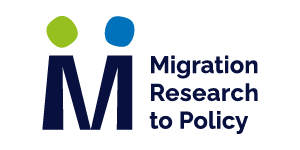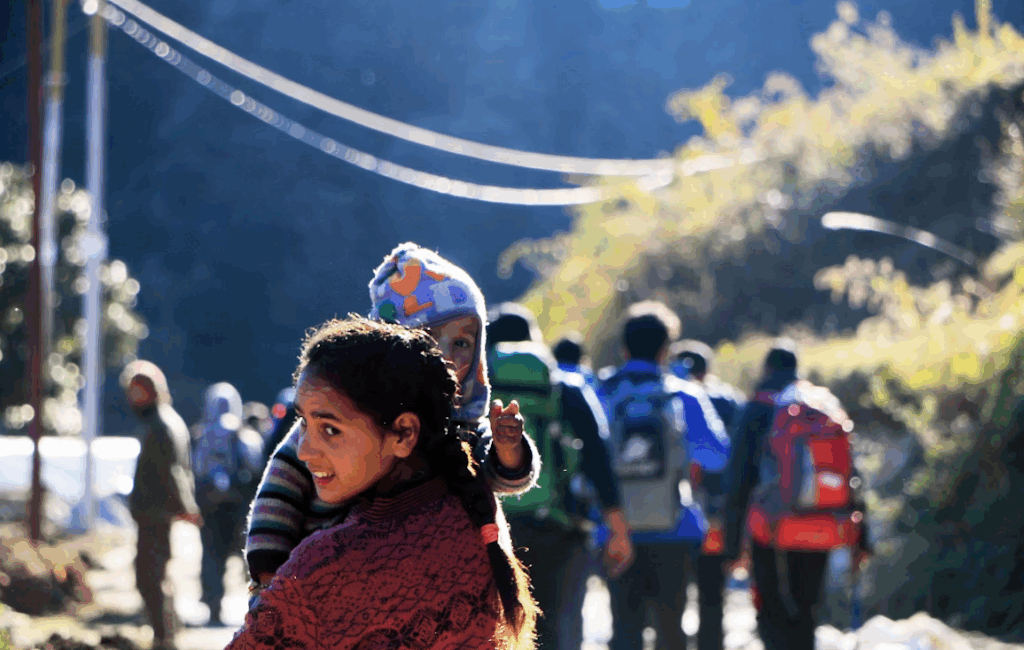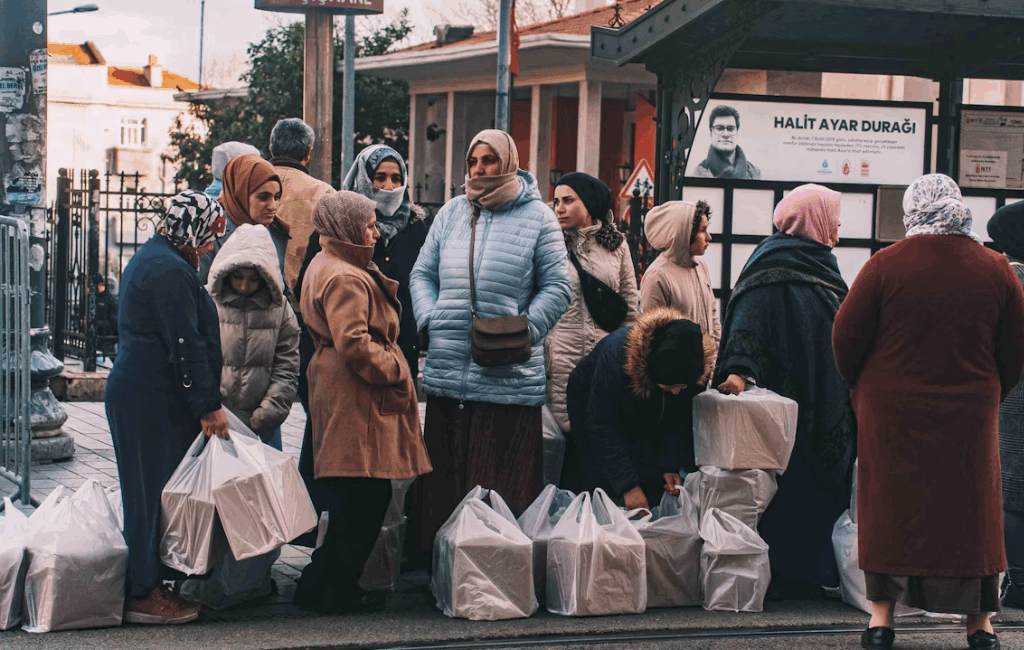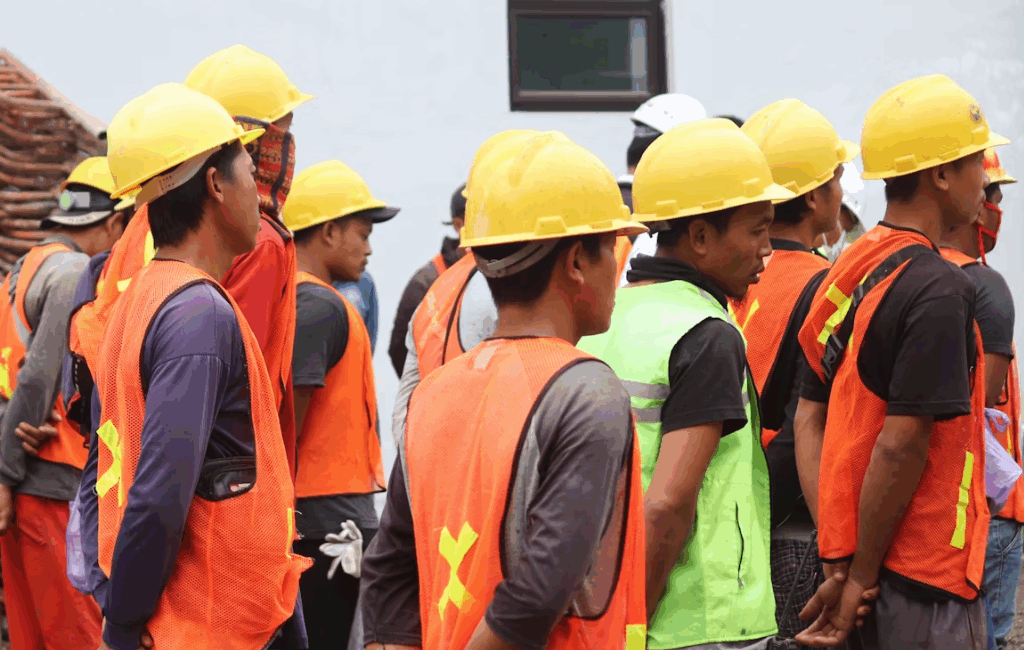
RESEARCH EXCHANGE
Why immediate access to work, education, and housing matters: lessons from the TPD
Author
About
Viktoryia Vaitovich
rights and protection
Inclusion is a major part of the debate on refugee policy. But how does it happen in practice?
Evidence shows that inclusion is most effectively achieved through access to fundamental rights – such as property rights, administrative and political rights, employment, education, and housing- from the outset. Research also consistently underlines that immediate access to socio-economic rights, in particular, fosters the agency and self-sufficiency of displaced people and benefits host societies.
This is particularly evident in the case of the recent response to displacement from Ukraine. (TPD) allowed for immediate access to rights to more than 5 million persons in the EU and associated countries. ECRE’s policy research on access to socio-economic rights for people displaced from Ukraine and other seekers of protection sheds light on discrepancies between the Ukraine response and other situations of displacement, including in the areas of access to accommodation and education.
Drawing on ECRE’s work and other available evidence this short identifies lessons from the Ukraine response and how they can be deployed to support better inclusion for others seeking protection in the EU.
Better access to the labour market
The current standards for reception conditions in the EU set out the 9-month time limit for granting access to the labour market for protection applicants. Although this limit was reduced to 6 months under the recently revised Reception Conditions Directive (RCD), this waiting period, combined with excessive administrative requirements across the EU Member States, contributes to economic and psychological hardships and social exclusion.
In contrast, TPD implementation shows that direct access to employment ensured faster labour market integration. Other practices like easing access to regulated professions, offering language training courses, and facilitating recognition of qualifications helped reduce dependency on social assistance, speeded up inclusion and created conditions for the host countries to benefit from the skills of those displaced. According to IOM. in 2023, more than half of the active working-age displaced persons from Ukraine were employed, with this high rate being mainly attributed to direct access to the labour market.
Supporting access to education
Similar discrepancies in legal frameworks and policies persist for access to education. For children, the RCD sets a three-month timeline for access to education to be ensured, whereas unaccompanied children or those in detention centres are often unable to access formal education. Access to higher education for asylum seekers is also restrained by numerous administrative barriers, making it accessible only to seven per cent of refugees worldwide.
In contrast, beneficiaries of Temporary Protection (TP) experienced rapid inclusion in education systems. This was achieved through the possibility of direct enrolment, speedy allocation of funds for schools, and supplementary language classes. Facilitating measures for access to higher education under the TPD also included lifting the requirement of recognition of related documents, waiving tuition fees, and offering ad hoc scholarships and loan programmes to the beneficiaries of TP. For children and young adults, access to education in Europe was accompanied by education online in their native language, recognising that this enhances rather than undermines education outcomes, as well as maintaining cultural links.
Accommodation
For groups other than those with the TPD-based status, obstacles to accessing housing persist at all stages, from lodging an application through to the post-recognition phase. The recast RCD and the newly adopted Asylum Procedures Regulation extend grounds for the use of detention, which will further aggravate these obstacles to housing. Detention and reception in remote locations, in turn, hinder access to employment.
However, the experience of the TPD demonstrates innovative practices for improving inclusion through access to suitable accommodation, ranging from reorganised public spaces to facilitated access to private housing under the European Commission’s “Safe Homes” initiative.
How can we better foster inclusion?
The experience and evidence from TPD implementation offer insights into how to improve the inclusion of all displaced people in the EU.
To bridge this gap in standards and approaches for the benefit of displaced people and receiving communities alike, it is crucial to focus on early access to rights in these three areas:
- Labour markets: facilitate access to the labour market through simplified recognition of qualifications, boosting language skills, and implementing job-matching tools such as the EU talent pool;
- Education: reduce administrative and financial barriers to accessing education, and establish additional supporting measures to increase access to higher education;
- Housing: Improve public housing conditions by creating more affordable long-term private housing solutions and avoiding detention. Ensure access to stable housing, which is foundational to achieving other socio-economic rights like employment or education.
Viktoryia Vaitovich was a Policy Officer at ECRE, a consortium partner of the Innovate project. She led the organisation’s advocacy work on the EU’s response to the displacement from Ukraine.
Learn more:
- Comparative Report – Access to socio-economic rights for beneficiaries of temporary protection
- Policy Paper – Right to work for asylum applicants in the EU
- Policy Note – Right to education for asylum seekers in the EU
Submit your idea for a ‘short’ to be featured on the Co-Lab.












